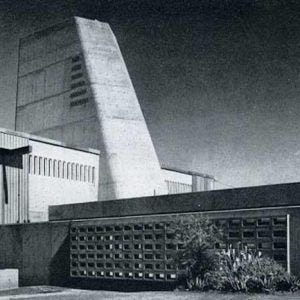 Wood has been appointed by the UK's Department for Business, Energy and Industrial Strategy (BEIS) to lead the second phase of a digital reactor design research programme.
Wood has been appointed by the UK's Department for Business, Energy and Industrial Strategy (BEIS) to lead the second phase of a digital reactor design research programme.
Under a $4.6 million contract experts from industry and academia will use collaborative virtual engineering and high-performance computing to demonstrate significant cost savings in the design, construction, operation, and decommissioning of nuclear power reactors, a statement said.
The first phase of the programme "successfully demonstrated a proof of concept by developing a computer-simulated design and management platform covering the whole nuclear life cycle," Wood said. The second phase aims to "implement digital tools in a software framework, utilising real project applications to demonstrate improved efficiency, enable supply chain collaboration and ultimately deliver a cultural change across the industry."
The digital reactor design partnership is led by Wood, supported by partners and subcontractors, including EDF Energy, Rolls-Royce, National Nuclear Laboratory, the University of Liverpool’s Virtual Engineering Centre, and the University of Sheffield’s Nuclear Advanced Manufacturing Research Centre.
The programme is part of a broader effort to put UK industry at the forefront of developing Generation IV and small modular reactors.
UK government’s Minister for Nuclear, Andrew Stephenson, noted that ysing state-of-the-art virtual engineering and computing technology to design and build the next generation of nuclear reactors "will position the UK at the cutting-edge of low-carbon energy innovation".
Photo: A designer working at the University of Liverpool Virtual Engineering Centre






